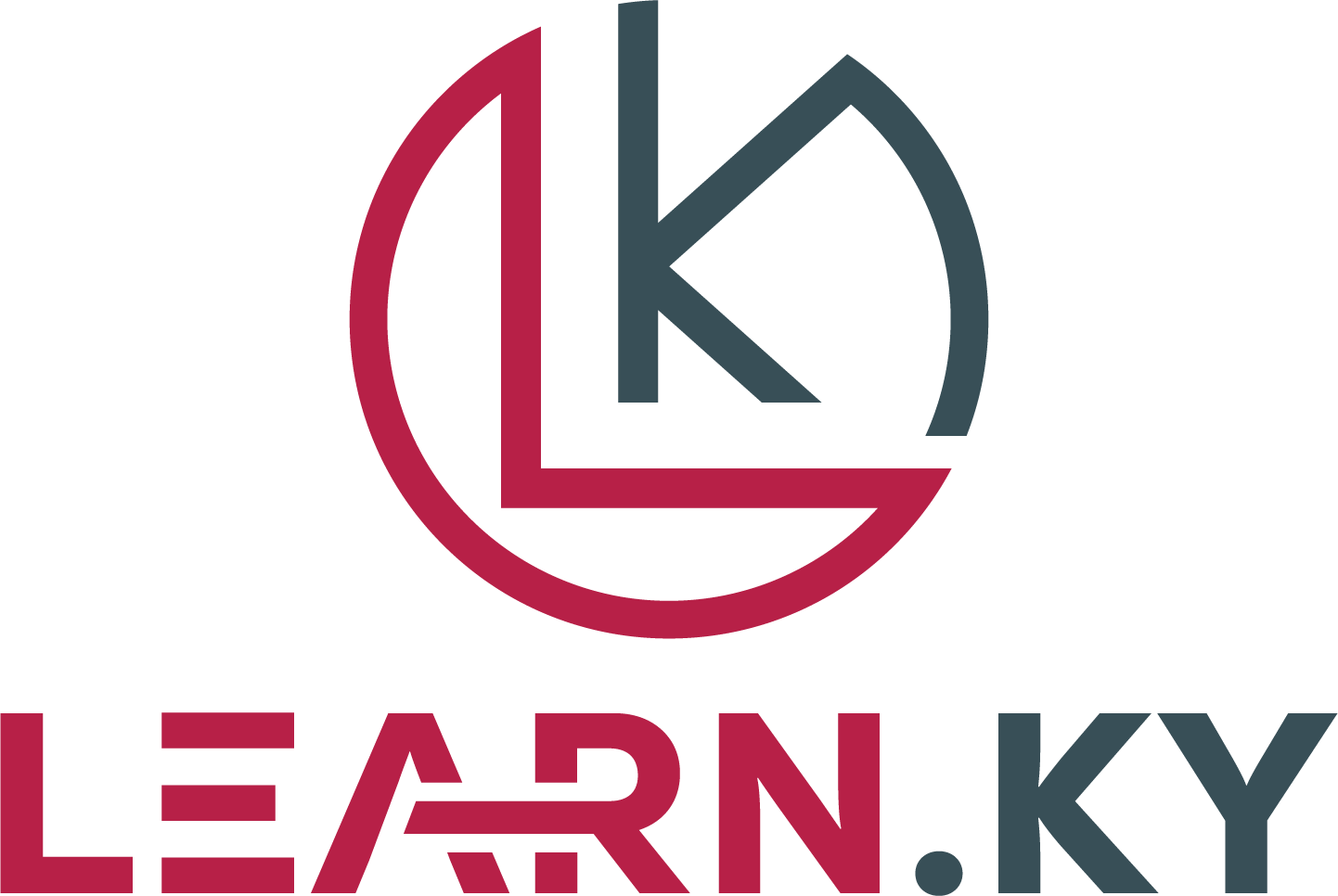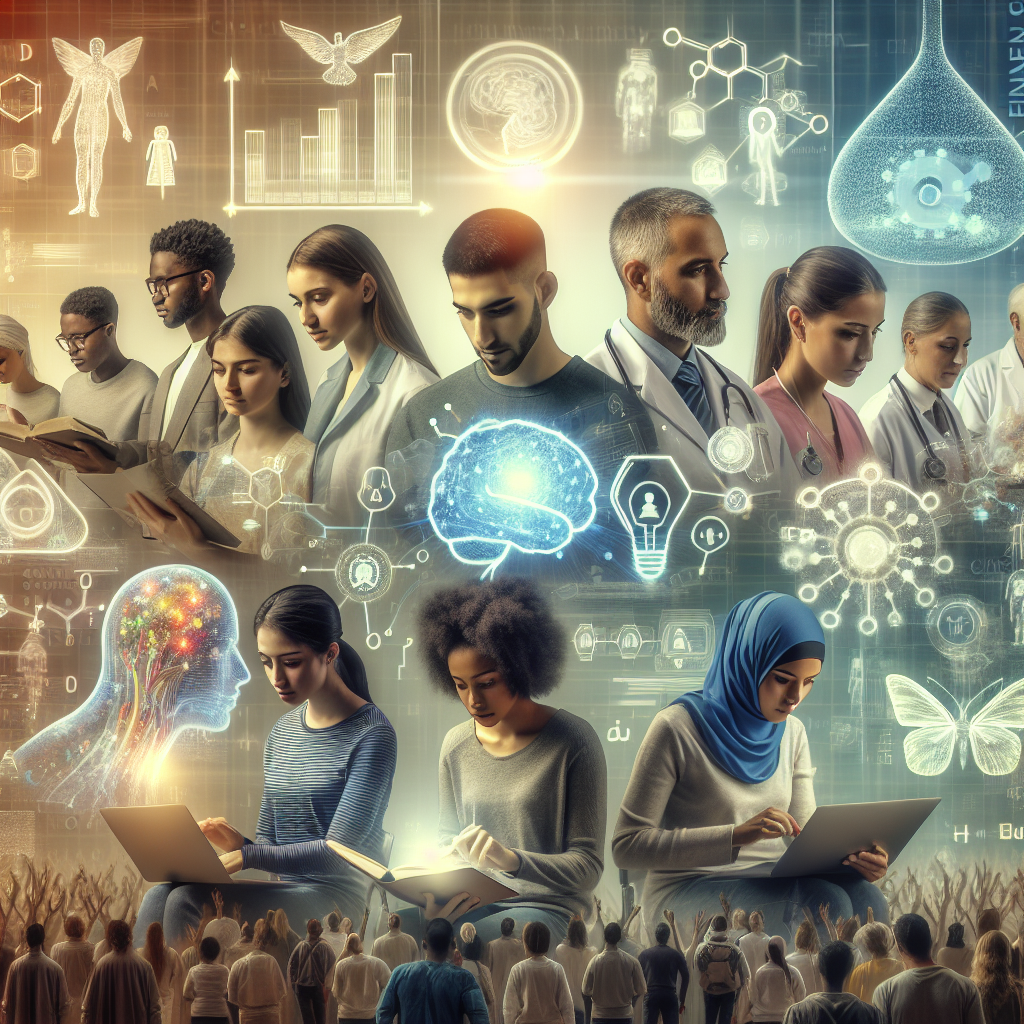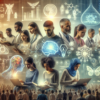At its core, AI is a branch of computer science that aims to create intelligent machines capable of performing tasks that typically require human intelligence, such as learning, reasoning, and problem-solving. Edtech, on the other hand, refers to the use of technology to enhance learning and teaching methodologies. When these two powerful tools are merged, they have the potential to revolutionize healthcare by offering personalized, efficient, and data-driven solutions.
One of the key areas where AI edtech is making a significant impact in healthcare is in medical diagnosis and treatment. AI-powered algorithms can analyze vast amounts of medical data, including patient records, lab results, and imaging scans, to help healthcare providers make more accurate and informed decisions. For example, AI can assist in early detection of diseases, predict patient outcomes, and recommend personalized treatment plans based on individual health profiles. This not only improves the speed and accuracy of diagnosis but also ensures that patients receive the most effective and tailored care.
Moreover, AI edtech is transforming medical education and training by providing learners with personalized and interactive learning experiences. Virtual reality simulations, augmented reality tools, and intelligent tutoring systems powered by AI algorithms are helping medical students and professionals enhance their skills, knowledge, and expertise in a dynamic and engaging way. This immersive learning environment allows individuals to practice complex procedures, simulate challenging clinical scenarios, and receive real-time feedback, leading to better prepared healthcare professionals who are equipped to deliver high-quality care.
Furthermore, AI edtech is reshaping the field of medical research by accelerating the pace of discovery and innovation. By analyzing vast datasets, identifying patterns, and predicting outcomes, AI algorithms can help researchers uncover new insights, develop novel treatments, and enhance medical interventions. For instance, AI-driven drug discovery platforms can streamline the process of identifying potential drug candidates, reducing the time and cost associated with bringing new medications to market. This not only benefits the pharmaceutical industry but also has the potential to revolutionize healthcare by addressing unmet medical needs and improving patient outcomes.
In conclusion, the boundless potential of AI edtech in healthcare is revolutionizing the way we approach diagnosis, treatment, education, and research in the medical field. By harnessing the power of AI to create intelligent, data-driven solutions, we are paving the way for a future of personalized, efficient, and transformative healthcare. As we continue to explore the possibilities of this innovative combination, it is crucial to embrace this technology and leverage its capabilities to enhance patient care, advance medical knowledge, and shape the future of healthcare for generations to come. The possibilities are truly endless when AI and edtech join forces in the realm of healthcare.










